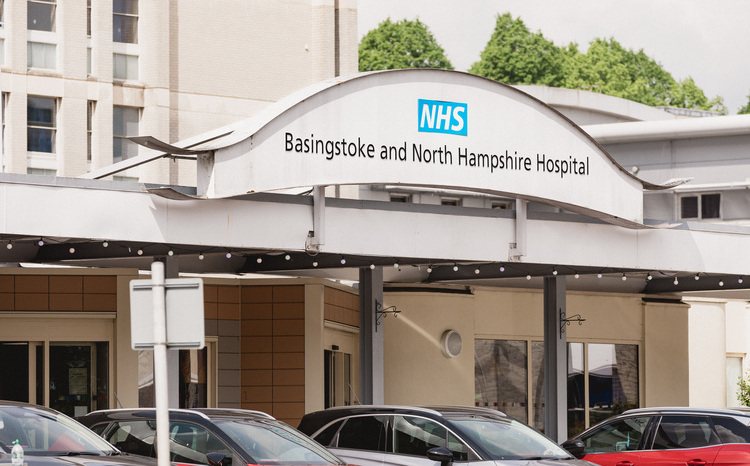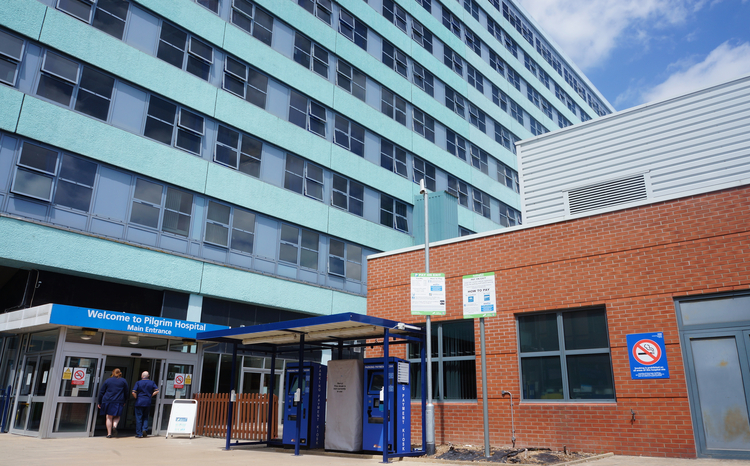Fulsome praise for departing CfH boss
- 18 June 2007
The news that Richard Granger is to leave Connecting for Health and the helm of the NHS IT Programme later this year has elicited a clutch of glowing tributes from some of the most senior industry and NHS executives he has worked with over the past five years.
Over the weekend Granger received effusive praise and statements of regret about his departure from NHS and industry leaders, forwarded to EHI by Connecting for Health’s communications team.
EHI readers commenting on site have also been sharing their thoughts, some pointing out that despite undoubted achievements on infrastructure, PACS and introduction of systems like Choose and Book the core NPfIT objective of delivering integrated shared electronic patient records remains unrealised.
Guy Hains, head of Computer Sciences Corporation, Europe, prime contractor for three of England’s five NPfIT clusters, said: "Richard Granger has brought ‘big thinking’ to the challenge and relentlessly pushed for pace in delivery from all quarters. The approach has been one of confronting the issues and then applying 24-hour commitment to getting progress."
Ben Verwaayen, chief executive of BT, said: "Richard Granger has been instrumental in delivering a series of reforms which will benefit everyone who uses the NHS. He has been a tireless leader and a valued partner. He has shown vision and true determination. I wish him every success in the future".
Patrick O’Connell of BT Health, LSP in London and responsible for the N3 network and NHS Spine, added: "Richard’s focus, tenacity and commitment have delivered real benefits to patients and the NHS. Hundreds of thousands of people are already benefiting from the NPfIT every day, and the foundation is now in place to put English medicine online."
Broadcaster and writer on health service issues Roy Lilley was even more generous, comparing Granger to the greatest of British engineering giants: "Richard Granger has been engaged on work of Brunel proportions. It is the single most important development in the modern NHS – bar none." Lilley went on to say that Granger "has confounded his critics and revolutionised procurement."
Andrew Haw, IT director at University Hospital Birmingham NHS Trust, was also generous in his praise: "Many commentators think the guy is ruthless and uncompromising. And no doubt sometimes he is. But is also a man of huge personal integrity and he has earned the loyalty and respect that he clearly now enjoys, not just from the CFH people but also a large number of NHS IT people, managers and the suppliers."
Haw, who led his trust’s successful implementation of a new patient administration system under the NHS IT programme, said Granger will be "sorely missed."
Another perspective was provided to EHI by Murray Bywater, head of Silicon Bridge Research who said Richard Granger had had a very significant impact on healthcare IT, but said the impact had resembled a proverbial "curate’s egg."
"He has raised the priority of healthcare IT and succeeded in getting a significant amount of money on the table that his predecessors didn’t." The big success in delivery, Bywater said, was delivering a refresh of the "old NHSIA infrastructure projects, including N3, ETP, Choose and Book, PACS and enterprise-wide agreements."
However, against this he said was the huge debit on his record was on the lack of delivery of electronic patient records (EPR) and hospital electronic prescribing systems, central elements of the Care Records Service that billion pound contracts were awarded for. "Acute EPR and electronic prescribing have really gone nowhere since Frank Burns’ strategy in 1997, it’s been 10 lost years."
Bywater concluded: "Its now down to the NHS to drive forward strategic goals of the national programme on EPRs and integration, and NLOP [the NPfIT Local Ownership programme] has to be used to achieve this."
Link
Granger to leave in transition by end of 2007




